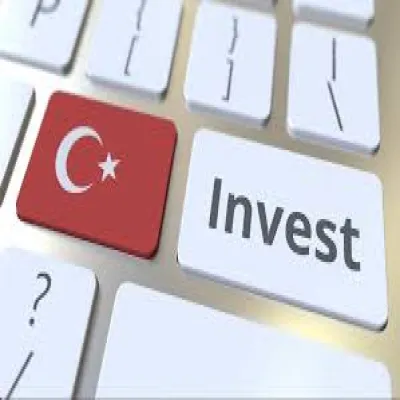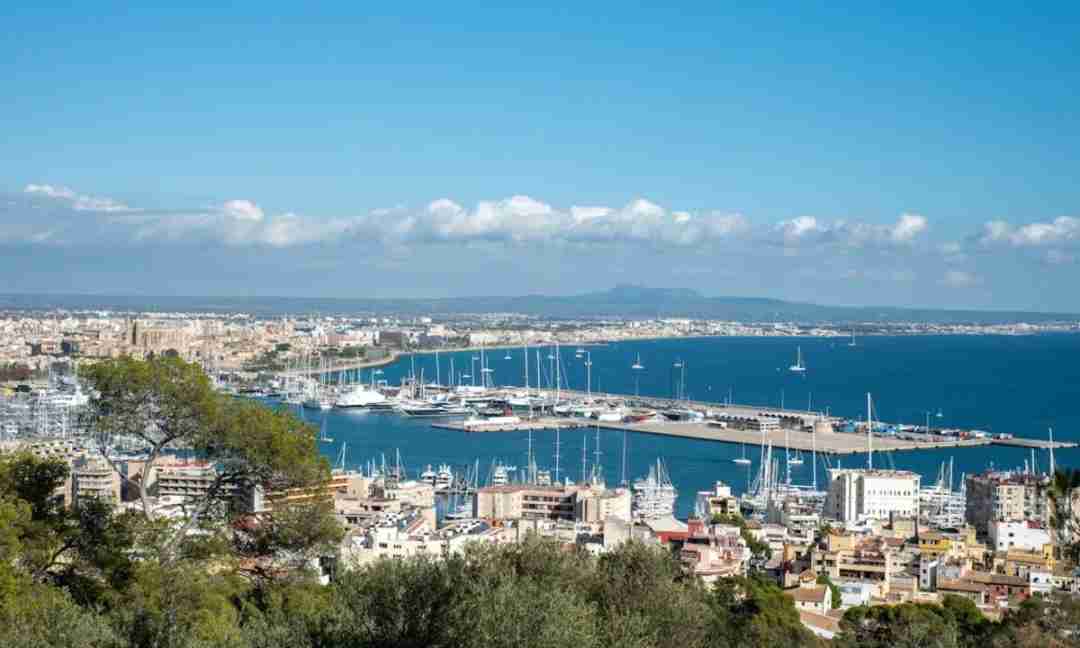The city of Istanbul in Turkey is a vibrant city full of richness within itself combining both historical aspects and contemporary allure. This makes it a very friendly place for holidaygoers as well as persons seeking investment in homes. The city has developed remarkably well over the last few decades and expansion of the real estate market in the city has become one of the most profitable ventures in Europe and Asia regions.
But the burning question is: real estate in Istanbul, is it worth the stress? That was trying to understand and evaluate different things, for instance, property prices, rental yields, and risks, demand on the market, and economic projected growth. This post explains why Istanbul’s real estate market is thriving and how real estate investors in the city can benefit from it.
1. Geographical Advantage and the World’s Interest
Years of experience, practice, and skills gathered by its builders, allowed them to create one of the most valued operative systems on the market for the last twenty years. Istanbul is located at the crossing point of Europe and Asia. The junction’s geographical advantage creates a favorable environment for the flow of trade, tourism, and cultural activities. Real Estate in cities with high interconnectivity tends to yield higher profits due to increased demand, and so is the case for Istanbul.
Istanbul possesses more attractions than a mere geographic one. The history of the city along with its cultural activities, as well as the many foreign nationals residing in the city, make people love the city including the natives. Whether people are buying properties for domestic use, as holiday homes, or putting them up for rent, several kinds of real estate properties exist in Istanbul to suit everyone’s preferences and financial capability.
2. Increasing Demand for Housing
Istanbul has recorded a consistent population increase, hence the need for housing has been active throughout. The city has a population of more than 15 million people, and this is likely to increase as more people move from the countryside to the city. Therefore, with this extra population growth, demand for residential properties and even commercial properties is still quite high.
Apartments in particular located in central or easily accessible places such as Beyoğlu, Şişli, and Kadıköy attract a large number of professionals, families, and foreign residents. Moreover, several residential projects have recently come out in areas such as Başakşehir and Beylikdüzü that provide low-priced housing to the middle class, hence increasing the demand.
Investors who buy real estate in areas where demand is high in the face of population growth do so in the hope of property value appreciation and rental income.
3. Low Prices of Properties Compared to the Prices in Other Western Cities
Compared with other world metropolises such as London, Paris, or Dubai, property rates in Istanbul city are quite inexpensive. Although the costs have changed with the upward trends, predominantly in recent years, the prices are still cheaper in comparison to most of the investors from Europe, the Middle East, and Asia. This aspect of pricing works well to the benefit of many foreign investors who are keen on entering the burgeoning business that is currently based in Istanbul without incurring exorbitant costs.
As an illustration, one can find residences of the same class in European capitals which are more expensive than luxurious condos located in the very center of Istanbul. Investors of all ranges can make their way to finding the opportunities they seek whether it is luxurious properties or cheaper, less developed regions. This affordability also applies to the costs incurred in maintaining and managing the properties, as a result of which the overall returns from the investment are great throughout the years.
4. High Rates of Return
Rental yield, which is the investment value an investor hopes to derive from renting out a real estate property is one of the most important aspects in measuring the feasibility of the real estate investment. Istanbul records high rental yields, especially in the residential and hospitality sectors. Communities like Beyoğlu, Beşiktaş, and Kadıköy have a dynamic rental oscillating market as they are situated near the central business district of offices, universities, and leisure areas.
5. Political Premises for Foreign Investors
The Turkish administration has in recent years caused the formulation of various policies and strategies to encourage the inflow of foreign investment in the real estate segment. Among the far-reaching initiatives is the Turkish Citizenship by Investment program which provides for the acquisition of citizenship by individuals who purchase real estate with a market value of at least 400000 US dollars. This in turn has created a heavy influx of investors, principally in Middle Eastern countries and Asia where people looking to buy property along with a second passport have come.
Conclusion
Is real estate in Istanbul profitable? In short, we can conclude that real estate in Istanbul is a developing market with strong prospects for profitability. The city has potential owing to its geographical location with an expanding population, cheap property prices, high rental returns, and support from the government. Also, the infrastructural developments in the city and active tourism further boost the country’s real estate market.



















